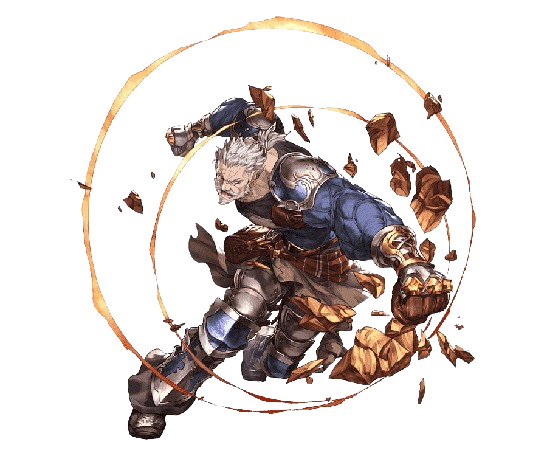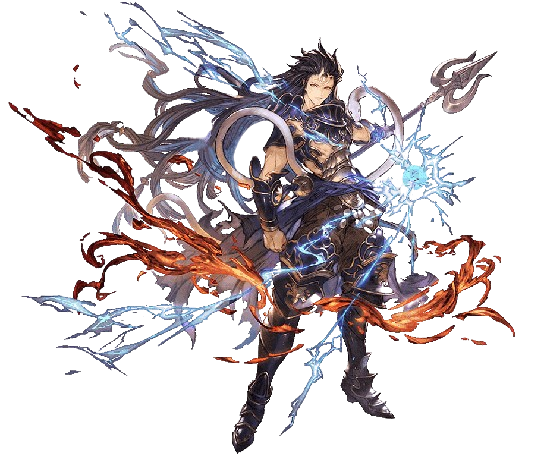Introduction
The world of gaming has changed so much over the years, but one thing that hasn’t is the love for fantasy games. These games take us into magical worlds where we can fight monsters, solve puzzles, and go on epic adventures. But what makes multiplayer fantasy games stand out is how they bring people together. By working through shared quests, players form strong bonds that often go beyond just the game itself. Many of these experiences are created by expert game development companies that design games with collaboration in mind. In this article, we’ll explore how multiplayer fantasy games build communities through shared quests and why this interaction matters so much.
Boost Your Fantasy Game Efficiency

Why Multiplayer Fantasy Games Are So Popular
Fantasy games have always been about big adventures, amazing stories, and getting lost in incredible worlds. But when multiplayer came into the picture, it changed everything. Now, instead of playing alone, we can join forces with other players in real-time. Imagine working together with people from all over the world to tackle the same mission that’s what multiplayer fantasy games do.
Many games today are built by a game development company or game development agency, specializing in creating these worlds. They offer game development services that help bring these shared experiences to life, allowing players to team up in quests that require strategy and teamwork.
How Shared Quests Bring People Together
One of the coolest features in multiplayer fantasy games is the shared quest system. These are missions that require a group of players to work together. Whether it’s taking down a powerful boss or solving a tricky puzzle, success in these quests often depends on teamwork. For example, in World of Warcraft, players take on different roles like healer or tank, and each role is vital to completing the quest.
Shared quests are a great way for players to connect with others. You’ll find yourself teaming up with people from different countries and backgrounds, but with the same goal in mind. This kind of cooperation builds strong friendships. Over time, these shared experiences lead to the creation of guilds or in-game communities, where players continue to work together on new adventures.
Fantasy sports, too, have embraced this collaborative spirit. Fantasy cricket game development companies now offer enabling players to create fantasy teams and work together to win leagues, similar to how gamers cooperate in quests.

The Magic of Guilds and Communities
In many multiplayer fantasy games, guilds or clans form naturally as players keep completing quests together. Guilds become more than just groups of playersthey become communities where people can hang out, chat, and help each other out. Games like The Elder Scrolls Online are built around this sense of belonging, with guilds serving as social hubs where friendships can flourish.
Even in fantasy sports apps, the idea of community is crucial. Fantasy Football App development companies help build these apps with features that allow users to create leagues and communities. These platforms, powered by fantasy baseball app development services, bring people together just like multiplayer fantasy games do.
Communication: The Heart of Multiplayer Games
Communication plays a huge role in making multiplayer fantasy games so engaging. Whether through voice chats, text messages, or fun emotes, players can easily talk to each other and coordinate strategies. In games like Destiny 2, this ability to chat and plan is essential for completing challenging missions. It’s also one of the reasons why players feel so connected to each other.
The shared language of gaming, full of terms like “aggro” (which means drawing an enemy’s attention) or “DPS” (damage per second), makes it easier for players to bond and cooperate, no matter where they’re from. This common understanding strengthens the sense of community within the game.
Jump Into Action: Start Fantasy Game Project

Balancing Cooperation and Competition
While multiplayer fantasy games are mostly about teamwork, competition also plays a role. Games like World of Warcraft or Elder Scrolls Online have Player vs. Player (PvP) modes, where players can compete against each other. Even in these competitive settings, teamwork remains crucial, especially when playing in groups.
Developers recognize the importance of balancing cooperation and competition. This is why many studios choose to hire game developers who understand both sides of the coin. Their expertise ensures that these games remain fun and challenging, without losing the community aspect.
Learning Through Shared Quests
Shared quests also offer a great learning opportunity. In multiplayer games, experienced players often take on the role of mentors, guiding newer players through tough missions. This creates a learning environment where players can improve their skills and learn the ins and outs of the game.
For example, in World of Warcraft, veteran players called “raid leaders” often take the time to help others through difficult dungeons or quests. These shared experiences foster a strong sense of camaraderie and community, as players grow together through their adventures.
Inclusive Communities in Multiplayer Games
One of the beautiful things about multiplayer fantasy games is how inclusive they can be. These games allow players to customize their characters and create unique identities, helping everyone feel like they belong. Shared quests encourage cooperation, regardless of who you are or where you come from.
Developers are also making strides in making games more accessible, offering features that accommodate players with different needs. This helps create an even more inclusive environment where everyone can enjoy the game and contribute to the community.
Game Developers' Role in Community Building
Game developers have a big hand in shaping how multiplayer fantasy games build communities. They design quests that require collaboration and teamwork, ensuring that players come together naturally. Games like Final Fantasy XIV are great examples, constantly introducing new raids, quests, and events to keep players engaged.
Agencies like fantasy baseball app development services also play a role by building the tools that make multiplayer experiences more interactive and social.
The Future of Multiplayer Fantasy Games
The future looks bright for multiplayer fantasy games, with new technologies like virtual reality (VR) and augmented reality (AR) promising even more immersive experiences. Imagine being able to see and interact with your teammates as if you were all in the same room; this is what VR and AR could bring to multiplayer gaming.
AI may also enhance shared quests, making them more dynamic and tailored to the group playing. The possibilities for multiplayer games to continue building strong, connected communities are endless.

Conclusion
Multiplayer fantasy games are more than just a way to pass the time; they’re spaces where communities are built, and friendships are made. At the core of these communities are shared quests. These missions bring players together, teaching them to work as a team and creating bonds that last beyond the game. The expertise of a fantasy football game app development agency or a similar specialised developer is crucial in shaping these collaborative experiences.
In a world where it’s easy to feel isolated, multiplayer fantasy games offer a unique way to connect with others. As these games continue to evolve, they’ll only become more powerful tools for building strong, inclusive communities. Whether through shared quests, guilds, or fantasy sports apps, the future of multiplayer gaming is all about bringing people together.



